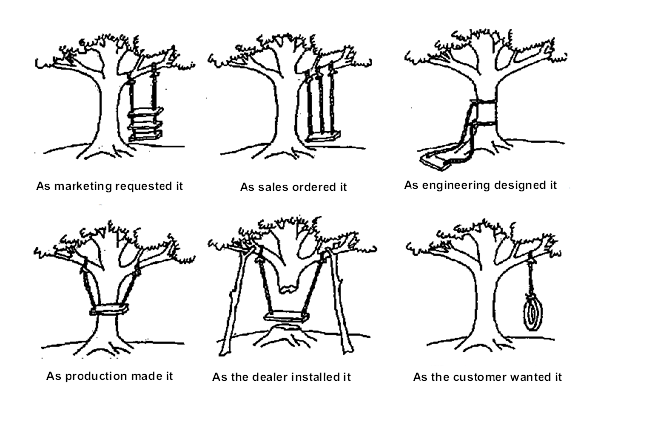Well, to answer your question, yes it happens both for shared and for private content. Stuff in my sentence is referring to content. When you create a lesson (private or not), immediately after you add audio as soon as you start view lesson i.e. working on the lesson, a background process starts generating time-stamps and lets you know through a short notification. So the trigger is the first time you open after having added audio to a text that did not have time-stamps. In other words, import a subtitles file (srt) does not get regenerated.
I have learnt to deal with it as follows. I add the audio after having assured the lesson text is ok. Then I add the audio and open the lesson. I get the notification of time stamp generation and wait for the notification of being finished. In order to get the notification, I have to leave the lesson and later re-enter the lesson.
After that I can change the time-stamps to my liking. As far as I know, after the first run, they will not be overwriting. I am not overly sure though.
As for the main message of my post being “give users control over what happens” clearly fell on deaf ears. Lingq has no intention of handing control to users.
As long as the time-stamp generation is a one-time thing and after that Lingq refrains from changing my work, I have less of a problem. If for any reason, Lingq starts overwriting my changes again, as far as I am concerned Lingq is handling out of pure malicious, control-hungy greed.
The same goes for the idiotic saving during a “edit lesson” session, where every change is saved every time, but it waits till you want to do something, after which it annuls what you wanted to do, and finally starts saving the last change. Up until now, Lingq has been unwilling to hand control of saving to the users. Like letting me do ctrl-s to save when I deem it useful, not every change. Or letting me determine how often it gets saved and when.
So, to summarize, it is not as bad as it used to be, where the background process was out of control and kept changing content back to what it was, but it is certainly not good. The time-stamps warrant a lot of correction to be useful in sentence mode. The explicit button “generate time-stamps” suggests user control, but there is none. It will run irrespective of user wishes. I am not even sure what happens if you use that button. In the past it would overwrite changes long after finishing.
In conclusion, not worth a war on the forum in my opinion. Having said that, if anytime soon a competitor offers something equivalent I will have no issues switching to the competitor. Lingq is getting very complacent.
Hope this helps.
